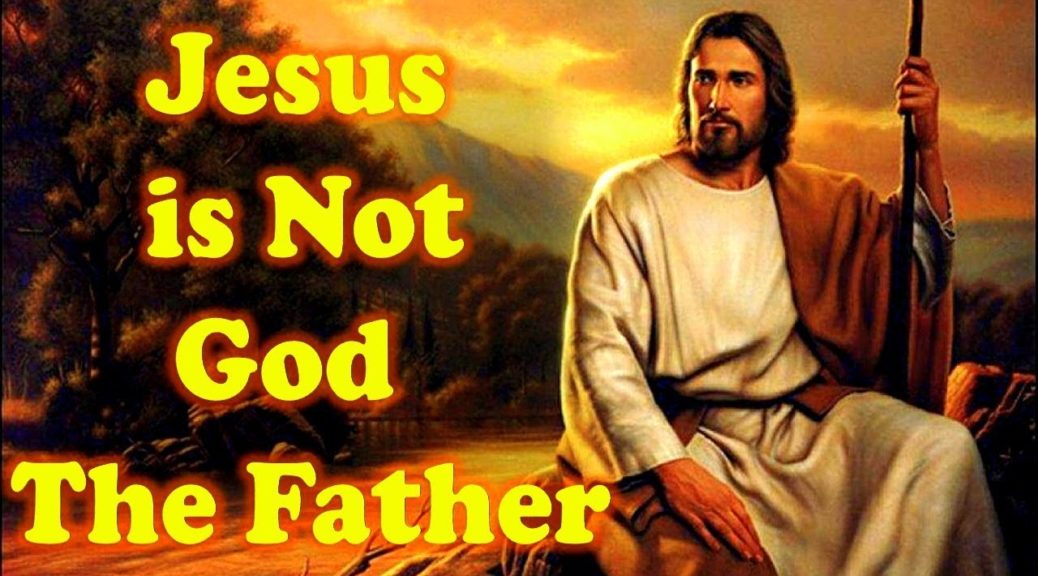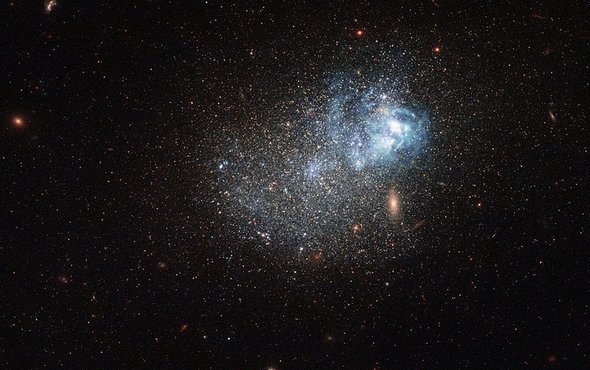“In the beginning God created the heavens and the earth”—Genesis 1:1
In our article about the expansion of the universe, we showed how some basic scientific facts about the universe point to the existence of God. This article examines even more scientific concepts about the universe and we will see how they relate to the Creator.
Existence of Elements Essential for Life
When two helium nuclei collide, they fuse together and produce the fleeting, unstable beryllium. An additional collision with a single helium nucleus, and carbon is created. Without these very unlikely “lucky accidents” constantly occurring carbon would not exist, and neither would we.
“For the Lord is God, and he created the heavens and earth and put everything in place. He made the world to be lived in, not to be a place of empty chaos. ‘I am the LORD,’ he says, ‘and there is no other.'” (Isaiah 45:18 NLT)
The Fine-tuned Universe
A proton is 1,836 times heavier than an electron. If this difference was any greater or lesser, it would not be possible for life to exist in the universe.
“The laws of science, as we know them at present, contain many fundamental numbers, like the size of the electric charge of the electron and the ratio of the masses of the proton and the electron. … The remarkable fact is that the values of these numbers seem to have been very finely adjusted to make possible the development of life.” – Stephen Hawking
In 1961, physicist Robert H. Dicke said that certain forces in physics, such as gravity and electromagnetism, must be perfectly fine-tuned for life to exist anywhere in the Universe. Fred Hoyle also argued for a fine-tuned Universe in his 1984 book “Intelligent Universe.” He compares “the chance of obtaining even a single functioning protein by chance combination of amino acids to a star system full of blind men solving Rubik’s Cube simultaneously.”
“In you is the source of life, by your light we see the light.” (Psalm 36:9 NJB) The Bible refers to Almighty God as “the source of life.”
Fine-tuning of the Force Strengths to Permit Life
The constants governing the four fundamental forces of physics are finely-tuned to support life.
Strong nuclear force is important for the existence of stable atoms beyond hydrogen. If the strong force were 50% weaker, no elements used by life would exist because protons couldn’t be held together in the nucleus.
Electromagnetic force is responsible for chemistry and plays a critical role in stellar fusion which powers life. The electromagnetic force needs to be much weaker than the strong nuclear force for atoms to be stable – so that the radius of the electron orbit is much larger than the radius of the nucleus.
Weak nuclear force controls proton-proton fusion, a reaction 1,000,000,000,000,000,000 times slower than the nuclear reaction based on the strong nuclear force. Without this, essentially all the matter in the universe would have been burned to helium before the first galaxies were formed. Because the weak nuclear force is so much weaker than the strong nuclear force, a star can burn its hydrogen gently for billions of years instead of blowing up like a bomb.
Gravitational force: the strength of gravity is about 40 orders of magnitude weaker than the strong nuclear force. Based on this expectation that gravity can vary up to strong nuclear force strength, the level of fine-tuning required for life is pretty remarkable:
If gravity is weaker by 1 in 10 raised to the 36th power, stars are unstable to degeneracy pressure (for small stars) or unstable to radiative pressure just expelling huge chunks of the star (for larger stars).
If gravity is stronger by 1 in 10 raised to the 40th power, the universe is dominated by black holes not stars.
If gravity is weaker by 1 in 10 raised to the 30th power, the largest planet that would avoid crushing effects of gravity on any large-brained creatures would have a radius of about 50 meters – which is not a good candidate for an ecosystem and the development/sustenance of intelligent life.
read more


